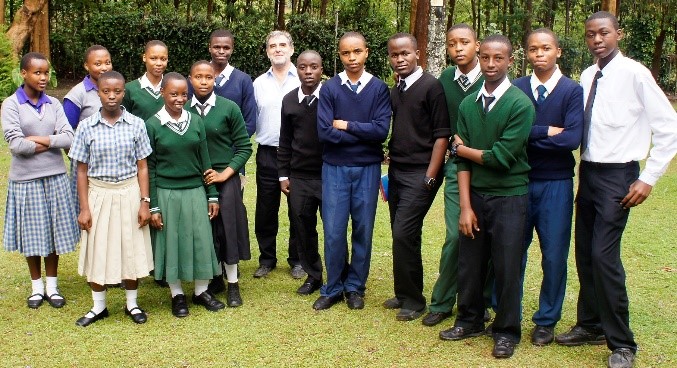YST receives record 1,516 project applications

DAR ES SALAAM: YOUNG Scientists Tanzania (YST) has received a record-breaking 1,516 project applications for its 2025 competition, marking a significant increase from the 1,055 entries submitted in 2024.
The surge in interest underscores a growing national enthusiasm for science, technology and innovation among Tanzanian youth, an outcome that YST has nurtured over the past 15 years through mentoring and outreach.
Speaking during a media briefing yesterday ahead of the YST 2025 National Exhibition, YST Co-Founder Dr Gozibert Kamugisha described the rising number of submissions as a reflection of the movement’s expanding impact.
“This year’s increase in applications shows how much momentum science and innovation have gained among our young people. It’s clear that the seeds planted over the last 15 years are bearing fruit,” he said.
From the 1,516 submitted applications, 237 projects were successfully mentored and developed in 2025, up from 191 projects in 2024. Despite the increase, only 45 top projects will be showcased at the national exhibition on 18 September 2025 in Dar es Salaam, the same number as last year.
According to Dr Kamugisha, this year’s selected projects tackle a diverse range of real-world challenges, including transportation safety and digital traffic management, mine safety solutions, AI applications in food safety and medical diagnostics, energy optimisation, AI-based drainage systems, environmental conservation and social innovation and problem-solving.
ALSO READ: Tanzania awards a 250m/- grant to innovators of energy efficiency
The exhibition will gather student innovators from all corners of the country and will be officiated by the Permanent Secretary in the Ministry of Education, Science and Technology, Professor Carolyne Nombo, who will serve as chief guest.
Executive Officer of the Karimjee Foundation, Caren Rowland reiterated the organisation’s commitment to YST, noting that it has been a Gold Sponsor since 2012.
“YST is not just a competition, it’s a movement. It reaches every region and type of school, giving students a platform to dream, explore and create solutions rooted in science and technology,” said Ms Rowland.
This year, as Karimjee Foundation celebrates 200 years of legacy in East Africa, it also marks 15 years of partnership with YST.
Since the collaboration began, 49 full university scholarships have been awarded to outstanding YST participants, two in the overall category and two in the special education category each year. This year, four additional scholarships will bring the total to 53.
“These scholarships do more than fund education, they transform lives. We are proud to see many recipients excelling at universities across the country,” she added.
One shining example of YST’s long-term impact is Ojung Laiza, a 2018 YST runner-up from St Jude Secondary School in Arusha. His award-winning project on recycling human hair into organic fertiliser has since evolved into a full-fledged business now operating across eight regions in Tanzania.
“Since launching the project, we’ve converted over four tonnes of hair into fertiliser. Our product supports smallholder farmers and contributes to environmental cleanup,” said Mr Laiza.
His company, headquartered in Arusha, sources hair from Arusha, Manyara and Kilimanjaro, with plans to expand further to support large-scale farmers and flower producers.
With a growing team of 11 employees, Mr Laiza urged current YST participants to look beyond winning the competition.
“YST is a stepping stone, not a destination. Use it as a launchpad to pursue your bigger dreams,” he encouraged.





